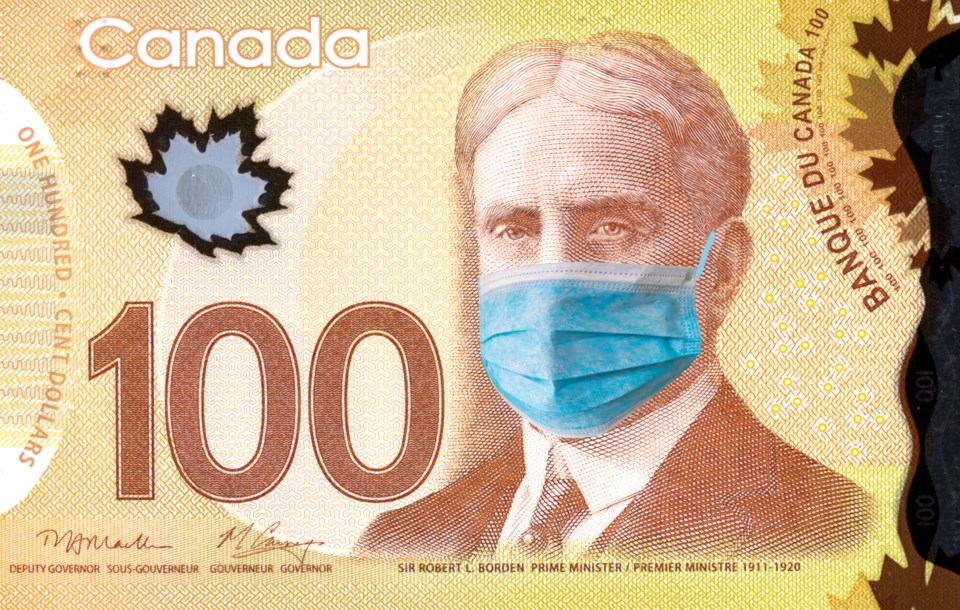At the event ministry leader Roy Bladen told local media the demand for hampers is taking a jump this year.
“It’s increased some 60 per cent,” he said, noting that in 2020 the Yorkton Salvation Army provided 259 hampers.
“We’ve already reached 200 and it’s not December yet.”
With growing numbers, you would expect the Salvation Army to set their sights on raising more money this year, but Bladen said they were pleased to see more than $100,000 raised in 2020, and they are hopeful to achieve the same level of donations this year.
Perhaps focusing on maintaining donation levels is wise since this Christmas season families are going to be facing some interesting times in terms of finances.
In 2020, with COVID-19 in full swing there were a number of programs for both business owners and their employees. Most of those programs have ended, while the impact of COVID is still being felt, which is enough to put a cloud over some people’s finances.
Now, in a province where we have seen announcements about major new canola crushing facilities, (two at Regina and another at Northgate), the emergence of a helium plant (near Battle Creek), continued work on a new potash mine (at Jansen), you might expect a robust economy is percolating, and there are indications it is doing quite well.
Of course a good economy hasn’t exactly bolstered things for low income earners with the Saskatchewan minimum wage the second lowest in Canada as of October.
A low minimum wage doesn’t allow for a lot of coins to be tossed into Christmas kettles, and the situation will be tighter moving forward.
Earlier this year the province approved SaskEnergy’s application to increase its natural gas commodity rate, with the average residential customer’s natural gas bill expected to increase by around 9.2 per cent or $6 per month.
Locally, the City has announced water and sewer rates will be increasing in Yorkton effective Jan. 1, 2022.
By taking Yorkton’s average of 13 cubic meters (2,860 gallons) per household per month and using this figure, an average home in Yorkton can expect monthly cost of $61.67 compared to $59.37 in 2021.
And, talk to anyone coming out of a grocery store, and you will likely hear complaints regarding the increasing costs of food.
For low income families, and those on modest fixed incomes the increasing costs means trimming spending somewhere.
That might mean less dollars in Salvation Army kettles, fewer people at Yorkton Terrier SJHL games, less people returning to restaurants, or more people looking to save a few dollars buying online.
There are very good reasons to shop local, it employs people, helps support local fundraising, and more, but as budgets tighten, as minimum wage remains abysmally low, saving even a few dollars can be a boon to a family.



